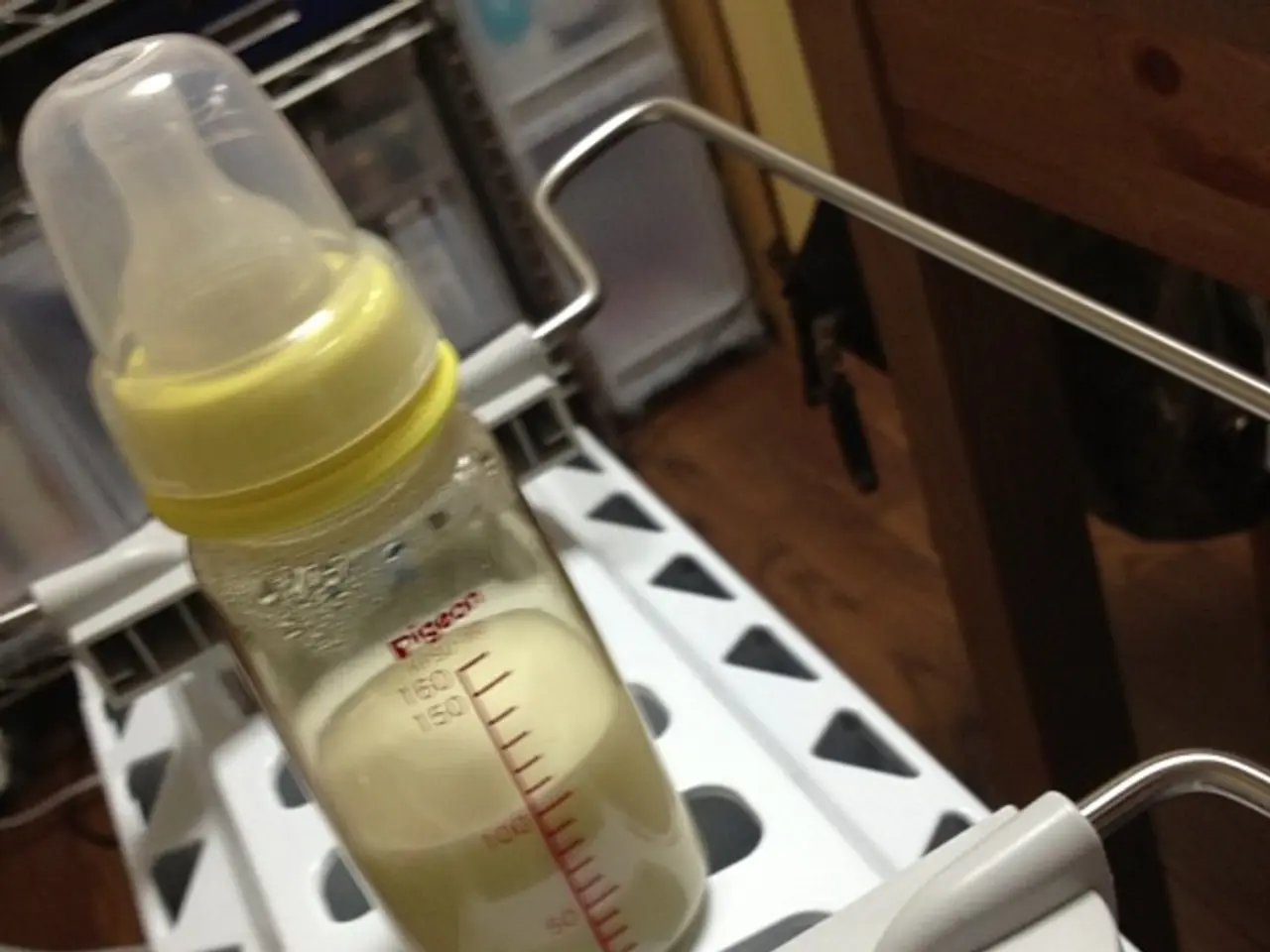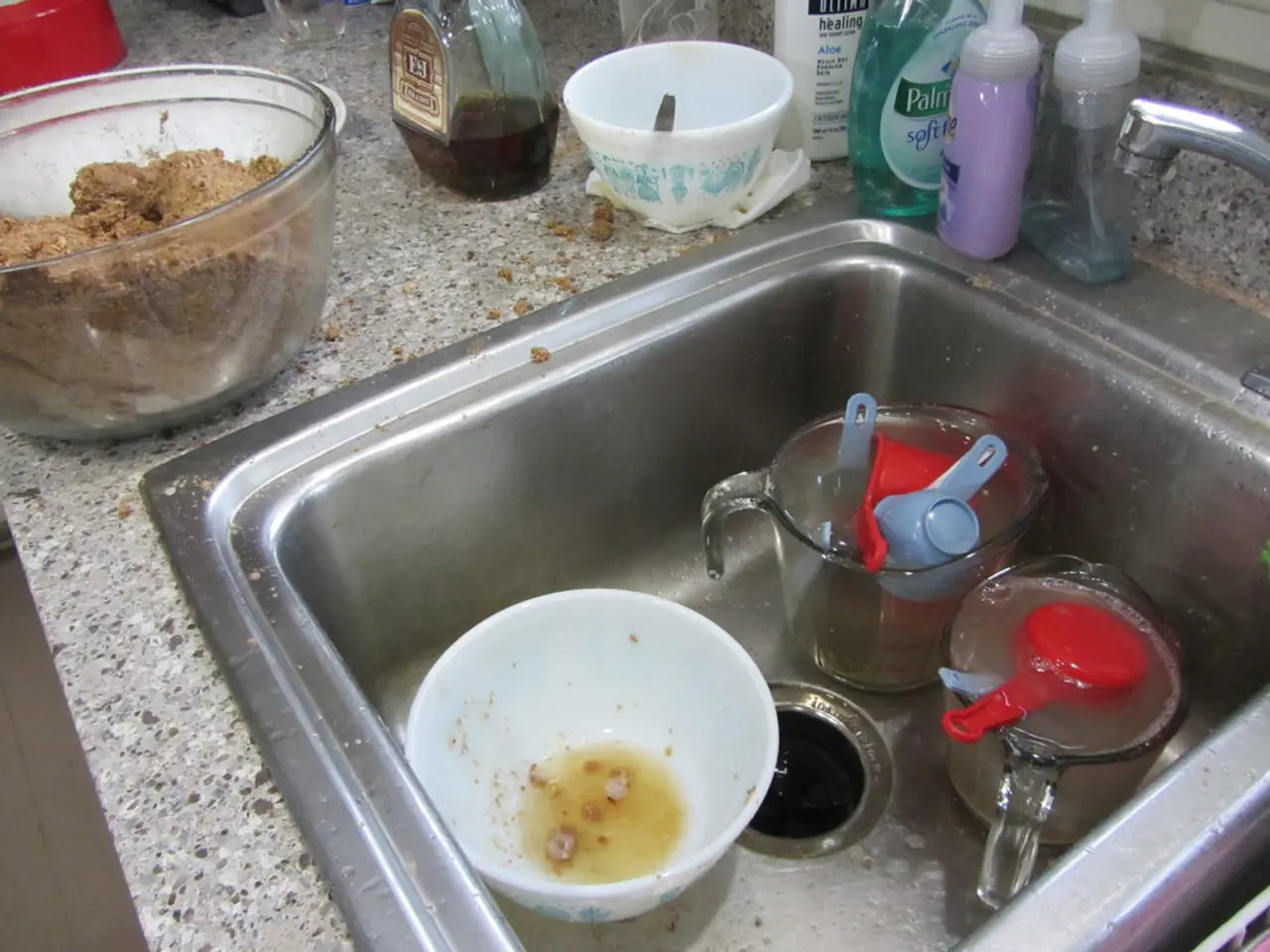Strategies and Timeframes for Decreasing Breast Milk Production
In some cases, individuals may experience discomfort due to lactation even if they do not breastfeed or pump. This can lead to pain, engorgement, leaking breasts, and sometimes an infection called mastitis. This article provides a comprehensive guide on reducing or stopping breast milk production, focusing on home remedies, medications, and potential risks.
### Home Remedies and Practical Strategies
The safest and most recommended way to reduce milk supply is through gradual weaning or pumping reduction. This involves dropping one pumping session at a time and slowly shortening pumping sessions to extend the interval between pumping. This gradual reduction helps the body adjust without causing painful engorgement or increased milk production due to emptying the breasts.
Avoiding vigorous breast massage or complete drainage can also help with discomfort. Instead, gentle lymphatic drainage techniques can be beneficial. When weaning a baby, start with dropping smaller feedings (like midday sessions) and keep comforting sessions like bedtime last. Distractions and comfort items can help babies adjust to less nursing.
### Medications and Substances Known to Reduce Milk Supply
Certain medications such as decongestants, antihistamines, and weight-loss drugs may reduce breast milk production. Additionally, some women experience decreased milk supply when starting hormonal birth control. However, medication use for this purpose should always be discussed with a healthcare provider.
Classic herbal remedies sometimes mentioned include sage tea or peppermint, known anecdotally to reduce supply, but they are less studied and should be used cautiously.
### Potential Risks and Safety Considerations
Sudden cessation can lead to painful breast engorgement, blocked ducts, or mastitis (breast infection). Gradual reduction minimizes these risks by allowing milk production to slow naturally. Abrupt weaning or sudden stopping of milk supply can cause emotional distress for both mother and child. Ensure alternative nutrition for the baby if breastfeeding is stopped before one year of age, preferably under pediatric guidance.
Medications that reduce supply might have side effects or contraindications. For example, decongestants can increase blood pressure, and hormonal contraceptives may impact mood or have other systemic effects. Some drugs can be unsafe for breastfeeding if milk feeding continues. Always consult a doctor before using medications to suppress lactation.
In conclusion, gradual physical decrease of milk removal is the most effective and safest home remedy for reducing breast milk production. Use of medications should only be under medical guidance due to potential risks. This approach balances effective reduction of milk with minimizing potentially painful or harmful complications.
Always consult a healthcare provider before making any decisions regarding breast milk reduction, especially when considering medications. It's essential to prioritise your health and the health of your baby.
- An individual diagnosed with ankylosing spondylitis might need to avoid certain medications that are known to reduce breast milk production.
- In some cases, ulcerative colitis can co-exist with psoriatic arthritis, which is a type of inflammatory joint disease.
- Predictive models developed by science can help in understanding the progression of Alzheimer's disease and improving the care provided to affected individuals.
- A woman going through menopause may experience various health issues, such as hot flashes, night sweats, and joint pain (arthritis).
- Womens-health is essential and includes managing conditions like breast cancer and ensuring proper care during pregnancy and postpartum periods.
- Cancer, COPD, and asthma are prevalent health concerns that require regular monitoring and management as part of a health-and-wellness routine.
- Hepatitis can be transmitted through breast milk, making it crucial for infected mothers to seek medical advice on breastfeeding.
- Psoriatic arthritis involves inflammation of the joints and skin (psoriasis), which can cause discomfort and affect the quality of life.
- Ensure regular screenings and consultations with healthcare providers for early detection and management of health issues, such as breast or colitis-related disorders.
- AQ (apparently autonomous quadrants) is a concept used in certain fields of study, such as biology, to describe a self-contained section or entity that operates independently.




